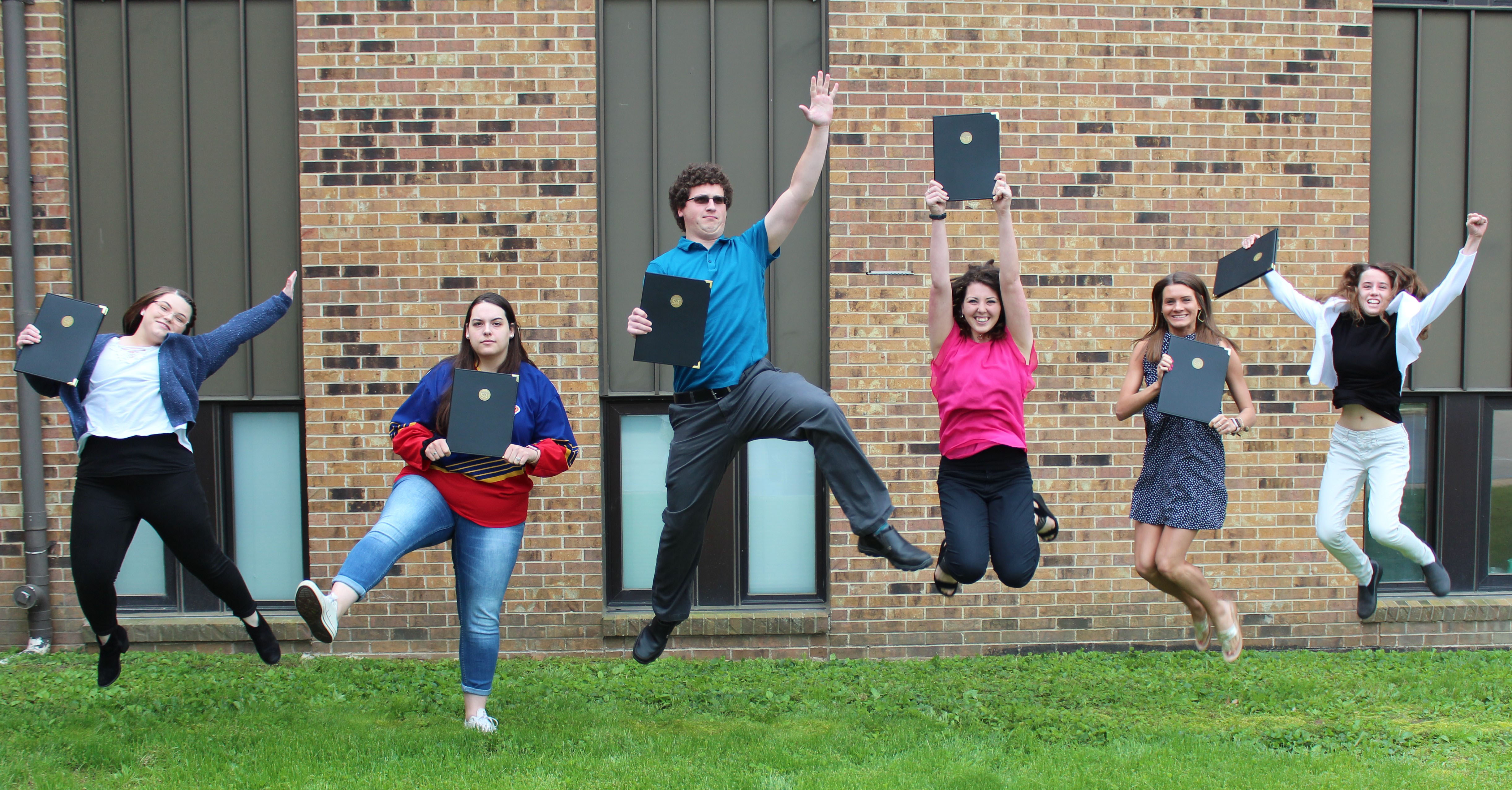Abstract
A Common Belief among Pre-Medical and Medical Students is that Biochemistry is Not Relevant to Practicing Medicine. the Problem-Based Approach of Case Studies Has Been Used in Medical Education to Scaffold the Application of Content to Clinical Cases, But Few Studies Report on a Similar Use in Undergraduate Biochemistry. Case Studies in Biochemistry and Related Disciplines Have Been Previously Reported as Increasing Learning Motivation and Supporting Depth of Knowledge. Additionally, Students Engaging in Case Studies Outperform Students in Traditional Instruction. the Objective of This Qualitative Case Study Was to Find How the Timing of a Medical Case Study within the Instructional Sequence in an Undergraduate Biochemistry Course Supported Students in Applying the Central Dogma of Molecular Biology to Explain the Transfer of Huntington's Disease from Parent to Child. the CBL+ Group Reviewed the Case Study Before Class While the CBL− Group Was Presented with the Case Study during Class. Analysis of Open Response Tasks Added to the Pre- and Post-Surveys Suggested that the Case Study Supported Both Groups in Applying the Central Dogma to the Case, But the Earlier Presentation of the Case to the CBL+ Group Promoted Deeper Thinking About the Mechanistic Causation of the Transfer of the Disease.
Recommended Citation
Sharp, K. A., Krall, R. M., & Chalfant, J. (2023). Deepening Undergraduate Students’ Thinking About Central Dogma through Problem-Based Learning. Education Sciences, 13(9) MDPI.
The definitive version is available at https://doi.org/10.3390/educsci13090854
Department(s)
Teacher Education and Certification
Second Department
Biological Sciences
Publication Status
Open Access
Keywords and Phrases
case-based learning; central dogma; undergraduate biochemistry
International Standard Serial Number (ISSN)
2227-7102
Document Type
Article - Journal
Document Version
Final Version
File Type
text
Language(s)
English
Rights
© 2023 The Authors, All rights reserved.
Creative Commons Licensing

This work is licensed under a Creative Commons Attribution 4.0 License.
Publication Date
01 Sep 2023



